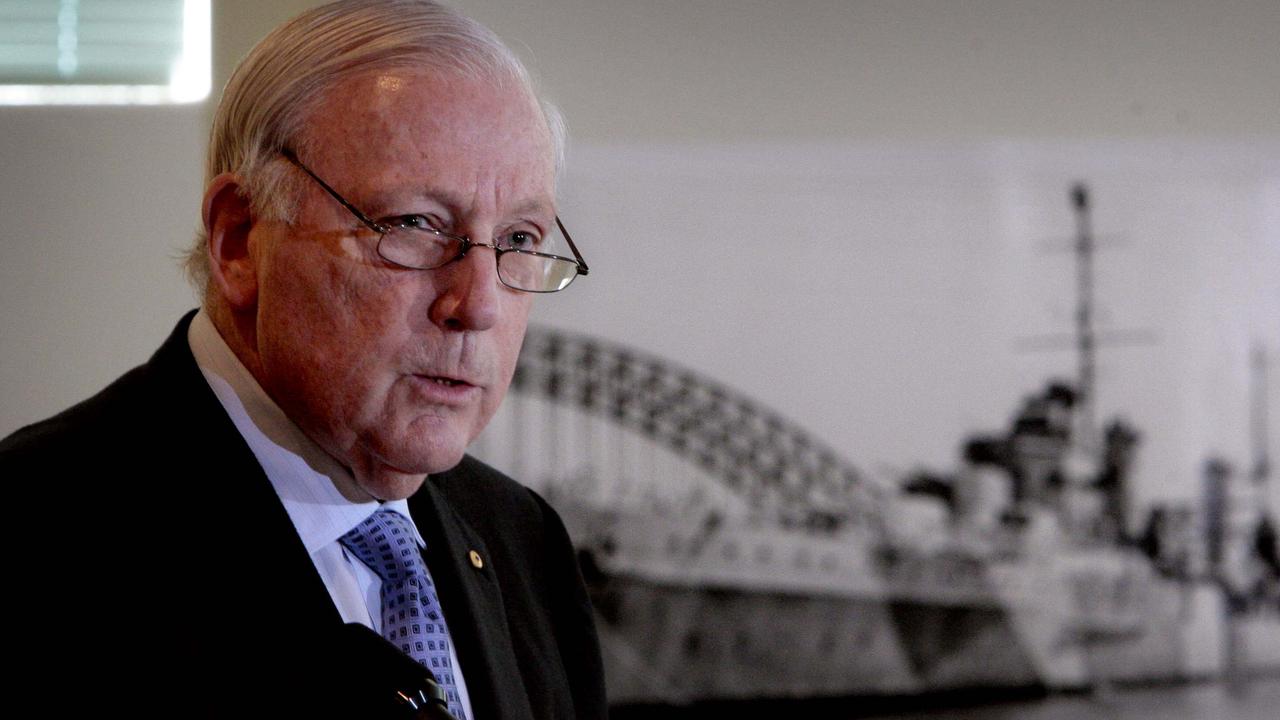Terence Cole, a former NSW Court of Appeals judge, who presided over two royal commissions, made the claims in a shock submission to the voice’s joint parliamentary committee, coining the vote “wrong in principle”.
In the written address, the leading jurist expressed the referendum would permanently “split the Australian people” into two groups and requires a lot more work to become the Uluru Statement of the Heart.
“The voice is critical to the objectives made clear in the Uluru Statement … that Aboriginals wish to establish … sovereignty over Australian territory, ownership of Australian land and surrounding waters,” Mr Cole wrote.
In addition to this, the former lawyer said some of the Indigenous community also wished to establish “monetary and other compensation” and “truth telling”.
“To achieve (these) objectives, it is necessary to split the Australian people permanently into two groups based solely on race … this is wrong in principle,” he said.
Additionally, Mr Cole warned if the voice was to come into effect, a “Makaratta” – or truth-telling commission – would review every single event in the past two centuries.
“(A) commission would look backwards, trawling over events, legislation, policies, and administrative actions over the past 225 years to discover areas of discontent in the minds of present living Aboriginals … and to award compensation,” he wrote.
Along with his written submission, Mr Cole attached a separate letter urging Australians to educate themselves on the demands a ‘Yes’ vote would come with.
“Australians need to understand that the voice will be used to support the demands for recognition of co-existing sovereignty, a Makarrata commission designed to produce a treaty and monetary compensation, and a rewriting of Australian history,” he penned.
“The potential for great irredeemable harm to Australian society means the voice should never be incorporated into the Australian constitution, which should be amended only if such amendment advantages Australian society as a whole.

